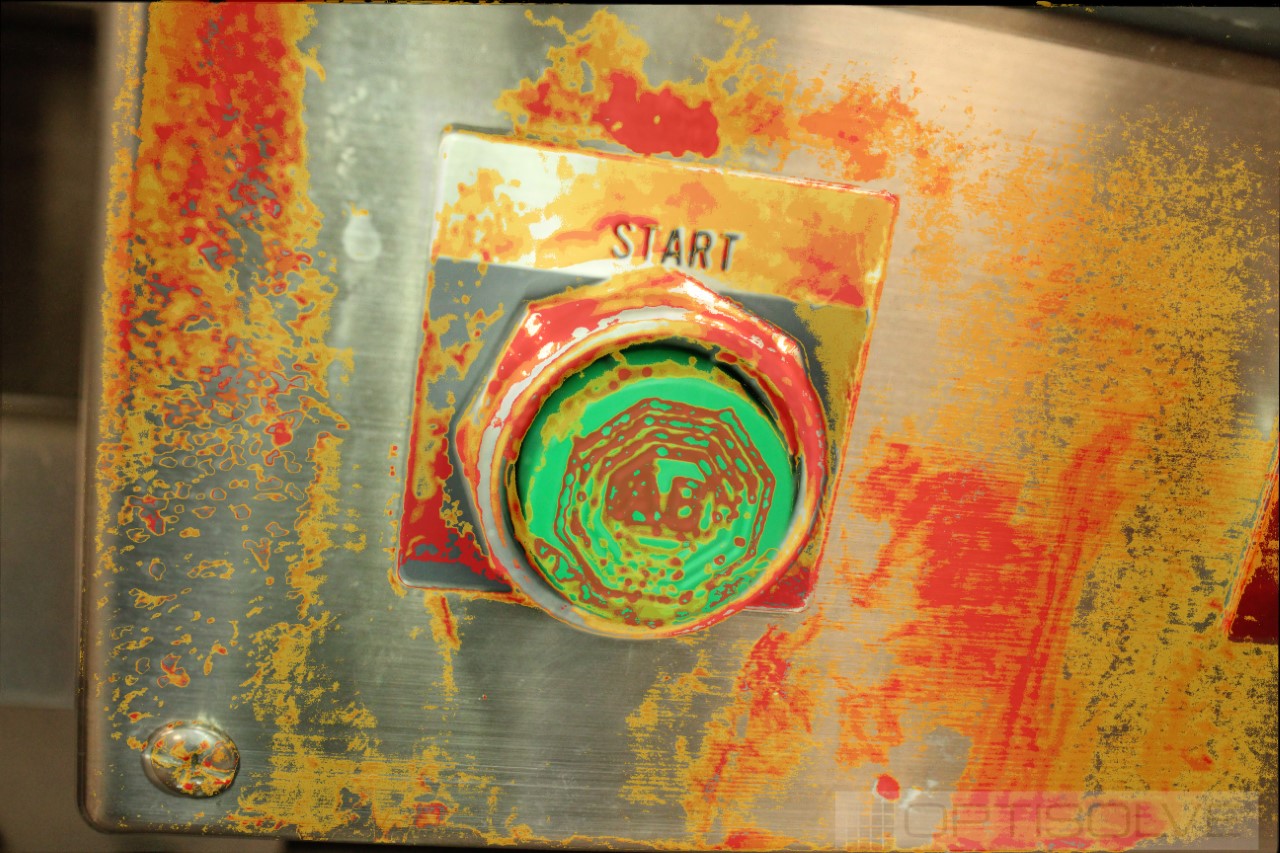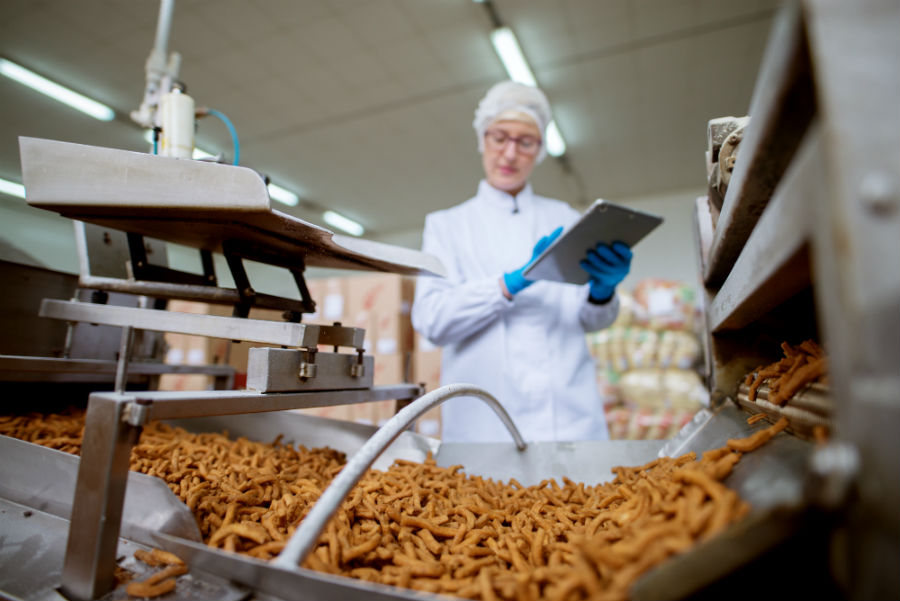Effectively Digitizing Food Safety Audits
By Judy Sebastian
The age of paper-based auditing and reporting is gradually coming to an end. More organizations and even municipalities are incorporating tools such as the Internet of Things (IoT), blockchain, mobile solutions and even Artificial Intelligence (AI) to help enhance their existing food safety management systems. Similar developments are shaping how food safety auditors approach their site inspections and reporting methodologies. Although the benefit of digitizing food safety audits outweighs the traditional paper-based approach, the former can prove to be a challenge if not implemented and managed correctly. Here are a few ways to effectively digitize a food safety audit.
Conduct a gap analysis
It’s important to identify where the gaps lie within the existing food safety auditing system, before digitizing it. A thorough analysis will help map out segments of the audit that need to be upgraded or replaced. For example, conducting a mock traceability recall of chilled ready-to-eat meals could help identify how different records are tracked concurrently such as vegetable sanitization logs, cooking and cooling charts, food storage logs, etc. It is also useful to identify whether the existing reporting approach is working for both the auditor and the auditee, before digitizing it.
When it comes to integrating or implementing new technology, try breaking it before it goes live.
Communicate changes proactively and frequently
It is quite natural for a few hiccups to arise as businesses transition from one process or system to another. Communicating changes proactively will ensure that the auditors and auditees are aware of the changes before they occur and can prepare themselves prior to the audit. For instance, in the event a secure connection is required to connect with the server, the auditors will be mindful of this and plan their site visits accordingly. Auditees can prepare by ensuring their operational data be backed up and that data exchanges occur via secure channels. Having open channels of communication and working effectively with the IT department before, during and after an audit could be beneficial should there is a technical glitch that needs solving.
Create quality and measurable data points
Almost every parameter within a food business can be perceived as a valuable data point. When it comes to digitized food safety audits, it is important to sieve out valuable data points from the abundant data sets, especially when it comes to reporting audit findings. It is easier to improve something that can be measured – a performance index or a scoring system may enable auditees to identify their areas of strengths and opportunities for improvements.
Develop storytelling skills as an auditor
While it’s safe to assume that existing digital food safety auditing tools are exceptional when it comes to recording data, an area that is often underdeveloped is storytelling. Relying on data visualization tools such as pie charts, graphs, etc. alone will not be able to build the narrative behind the audit findings. Getting to the heart of the “why” will help auditees stay informed of not only what the nonconformances are, but what their root cause is as well. Storytelling using data visualizing also enables the auditees to assess their overall performance.
Build the system; then break it
When it comes to integrating or implementing new technology, try breaking it before it goes live. This is the advice I often share with my clients when they’re on the path to digitizing a food safety system. By being aware of the system’s points of vulnerability, it better equips the operational personnel to stay prepared in the event the technology stalls or fails.
Just like most things, the digital era of food safety auditing and management will remain a constantly evolving one and we must strive to keep learning.
About the Author
Judy Sebastian has a dual specialization in food safety management, and organizational culture transformation. She is the Principal Consultant at Apex Global Consultants (based in Portland, OR) and the senior food safety consultant at Apex Food Consultants (based in Dubai, UAE). Her primary area of focus lies in transforming an organization’s culture through people-development strategies.

-
 FeaturedRisk management
The Cost of a Breach: What a Cyberattack Could Mean for Food Safety Recalls
FeaturedRisk management
The Cost of a Breach: What a Cyberattack Could Mean for Food Safety Recalls
-
 FeaturedRisk management
Securing the Food Chain: How ISO/IEC 27001 Strengthens Cybersecurity
FeaturedRisk management
Securing the Food Chain: How ISO/IEC 27001 Strengthens Cybersecurity
-
 FeaturedRisk management
Revolutionizing Food Safety Training: Breaking Out of the “Check-the-Box” Mentality
FeaturedRisk management
Revolutionizing Food Safety Training: Breaking Out of the “Check-the-Box” Mentality
-
 GFSI Standards
GFSI 2025: Building Trust, Tech-Forward Solutions, and Global Unity in Food Safety
GFSI Standards
GFSI 2025: Building Trust, Tech-Forward Solutions, and Global Unity in Food Safety
-
 FeaturedFood Safety
Integrated Pest Management: Strategies to Protect Your Brand’s Reputation
FeaturedFood Safety
Integrated Pest Management: Strategies to Protect Your Brand’s Reputation
-
 FeaturedFood Safety Culture & Training
No Open Door Policy: Challenges That Impact Pest Control in Food Processing Plants
FeaturedFood Safety Culture & Training
No Open Door Policy: Challenges That Impact Pest Control in Food Processing Plants




